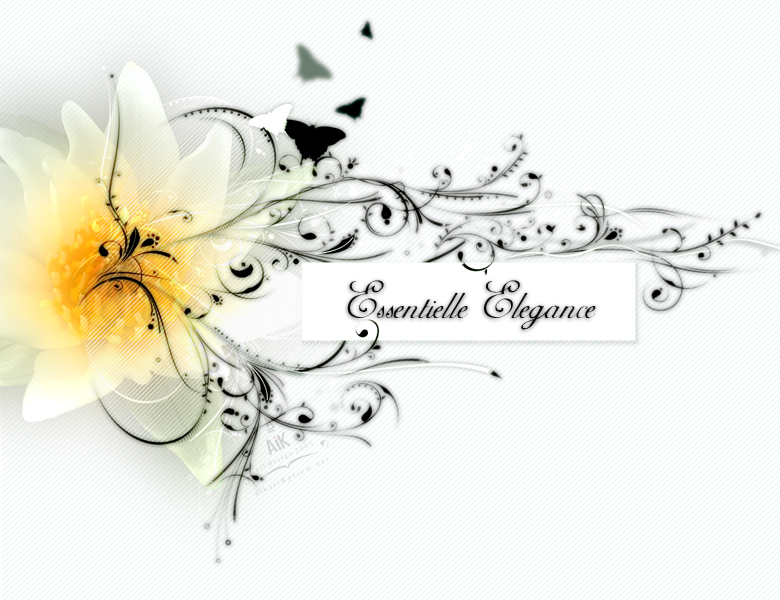A bridge too far
Monday, 25 January 2010
At which point do you accept that, after banging your head on the wall called "the Law", that nothing you do will bring you any further? That you have no choice but to accept that either you pursue what you believe to be justice, with potentially greater backlash, or to accept THEIR justice, and suffer the humiliation?
Exactly what is justice? Does the law fulfill its purpose in bringing justice to everyone? The law is ultimately a human invention, a tool to govern society. Ideally it ought to be just in its trials, fair to the public, but in practice, this is often not the case. Lawyers, if they are cunning enough, can argue their way out of just about anything by pulling all the strings of the law as they know how to. It is justice that the way society works today demands money, and that money can, and usually is, a major factor in who wins or loses? I don’t think so.
I am frustrated and angry that the law is ultimately so constrained by its pragmatic constraints that its founding ideals can be lost so easily. The law works insofar as it seeks to impose order on the society, but as far as I am aware, order is as far as it goes. The system remains a system within which people work, constrained by the bindings, but carrying on nevertheless because they cannot envisage anything better. It is a system that is not righteous, not necessarily ethical, but it does its job most of the time and people deem that “it works”. It is a system created by humans for humans, and suffers from its very human nature of its founding.
It is in many aspects a human failing, when we deeply examine what fails in the law. Judges claim to be impartial and fair; knowledgeable they indeed are, but humans judge at first appearances, which can go a long way towards determining the outcome of the conflict. Lawyers twist the law to their own means, and while the law is meant to minimise this problem, ethical considerations in their profession is often nil. Law practitioners are funny people. They sit there, munching on their ham and cheese sandwiches and consuming cups of coffee, and their primary job is to analyse. Reading a man’s “profile”, the jury is expected to peer into the depths of the character in question and see him for exactly who he is. The judges can potentially hold the power of life and death in their hands, never understanding the nature and potential of the person they have in their grasp before passing sentence, perhaps for a massacre, perhaps for a mistake.
Just who do you think you are, to judge others and conclude “thou art good” or “thou art evil”? Art thou God?
20:30
0 Comments |
Post/Read comment

